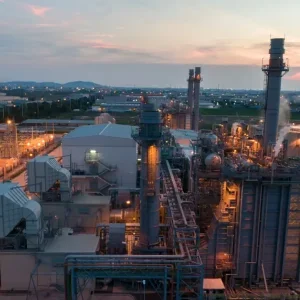The YMCA has set up the system to support year-round camping and also serve as an outdoor learning lab for its Outdoor Science School. The Living Machine system can be used in rural locations or in developing areas that have failing or limited water infrastructure, and can be integrated with existing water systems to increase capacity.
YMCA Camp Campbell selected the Living Machine system to process up to 5,000 gallons of wastewater every day to meet the demand of upgrading its existing wastewater treatment system to meet Santa Cruz county requirements.
The wastewater is collected in a buried primary tank and pumped into a series of wetland basins. Natural ecosystem processes integrated with a computerized control system and a touch screen interface alternately drain and fill wetland basins in a manner that occurs naturally in wetlands. The tidal cycles provide oxygen and nutrients for microorganisms that live in the wetland and naturally treat the wastewater, the company said.
Will Kirksey, executive vice president of Worrell Water Technologies, said: “YMCA Camp Campbell is a great example of a site that is off the sewer grid and rural, yet able to install an advanced ecological wastewater treatment system that is aesthetic, energy-efficient, affordable and has a small footprint. The Living Machine system is easily operated through an Internet-based control system supporting automatic alerts and remote monitoring.”
Kathy Riggins, CEO of YMCA of Silicon Valley, said: “The Living Machine system enables us to continue to create a healthy environment for our campers and to meet our environmental standards. Students, families and colleagues on corporate retreats at YMCA Camp Campbell can see first-hand how ecosystems work by watching the Living Machine system naturally break down wastewater with plants and microorganisms.
“Worrell Water Technologies provided us with permitting support and operating data that documented the success of the Living Machine system in producing high quality water output.”






